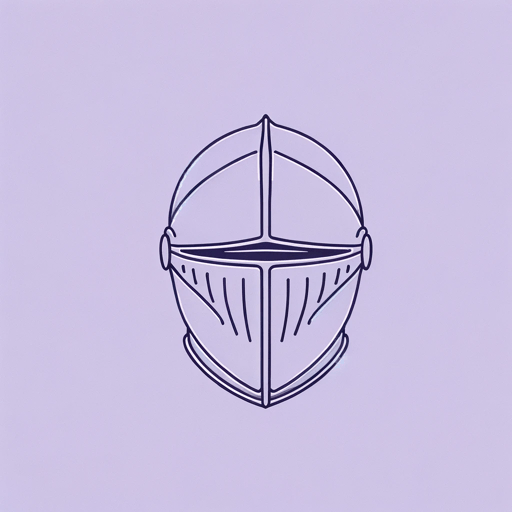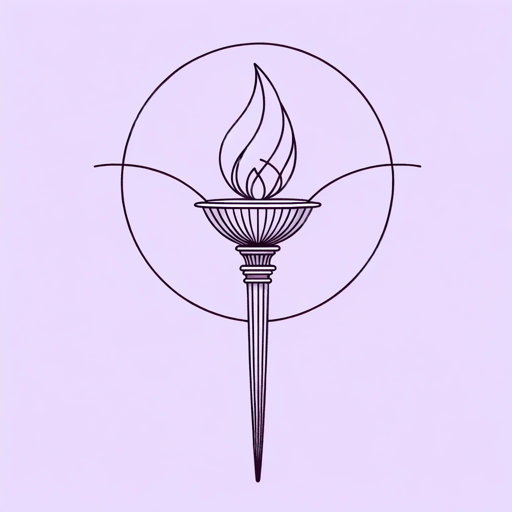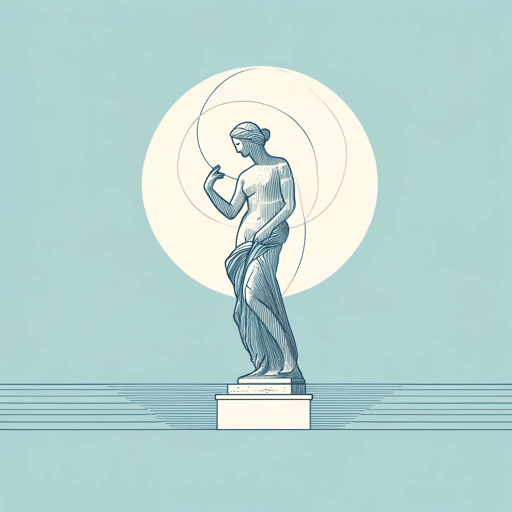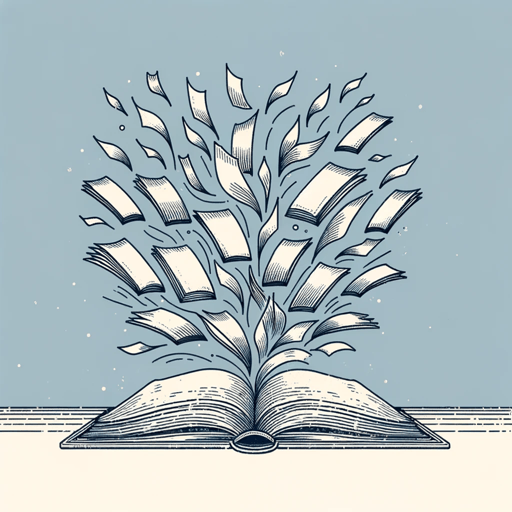25 pages • 50 minutes read
John KeatsOde to a Nightingale
Fiction | Poem | Adult | Published in 1819A modern alternative to SparkNotes and CliffsNotes, SuperSummary offers high-quality Study Guides with detailed chapter summaries and analysis of major themes, characters, and more.
Background
Literary Context
“Ode to a Nightingale” is one of the six great odes written by John Keats, five of them in the summer of 1819. The group includes “Ode on a Grecian Urn” and “To Autumn.” Considered among the most important works of Keats, the odes are united more in their thematic concerns than plot or narrative. The themes running through the odes are Romantic: the power of the imagination, the perfection of nature, and the relationship between nature, art, and humans. They are also an ode themselves to classical Greek forms. Romantic poets like Lord Byron (1788-1824) and Keats were deeply interested in ancient Greece. The visual arts, literature, and philosophy of Greco-Roman culture were seen as the perfect synthesis of nature and art. Keats not only borrows the form of the ode from Greek literature, but he also uses allusions from the culture throughout the odes.
In “Ode to a Nightingale,” the symbol of the nightingale may be inspired by the figure of Philomela, a character in the Roman writer Ovid’s tales Metamorphoses. Philomela’s brother-in-law Tereus rapes her and cuts off her tongue so she stays silent about his crime.
Related Titles
By John Keats

Endymion: A Poetic Romance
John Keats

La Belle Dame sans Merci
John Keats

Meg Merrilies
John Keats

Ode on a Grecian Urn
John Keats

Ode on Melancholy
John Keats

Ode to Psyche
John Keats

On First Looking into Chapman's Homer
John Keats

On Seeing the Elgin Marbles
John Keats

The Eve of St. Agnes
John Keats

To Autumn
John Keats

When I Have Fears That I May Cease to Be
John Keats

